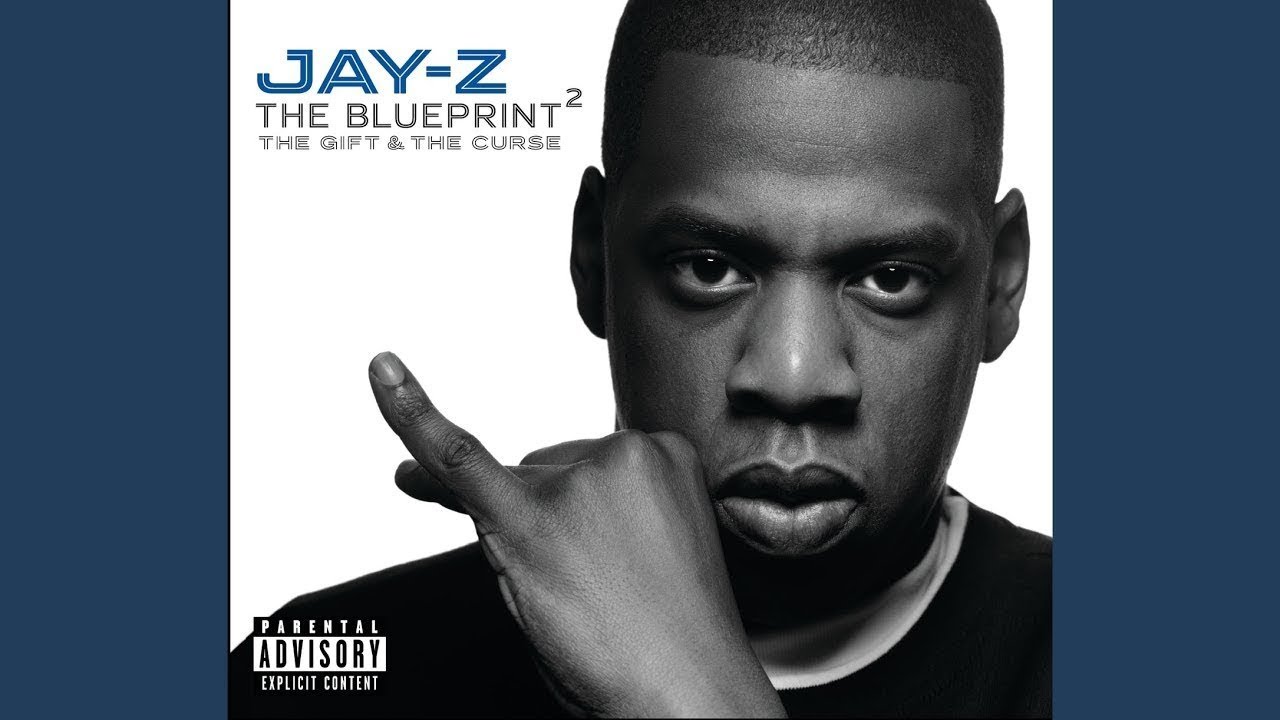Blockquote
Part Two: Is Some of Our Knowledge Innate?
Meno declares himself utterly confused:
O Socrates, I used to be told, before I knew you, that you were always doubting yourself and making others doubt; and now you are casting your spells over me, and I am simply getting bewitched and enchanted, and am at my wits’ end. And if I may venture to make a jest upon you, you seem to me both in your appearance and in your power over others to be very like the flat torpedo fish, who torpifies those who come near him and touch him, as you have now torpified me, I think. For my soul and my tongue are really torpid, and I do not know how to answer you.
Meno’s description of how he feels gives us some idea of the effect Socrates must have had on many people. The Greek term for the situation he finds himself in is aporia, which is often translated as “impasse” but also denotes perplexity. He then presents Socrates with a famous paradox.
Meno’s paradox: Either we know something or we don’t. If we know it, we don’t need to inquire any further. But if we don’t know it if we can’t inquire since we don’t know what we’re looking for and won’t recognize it if we found it.
Socrates dismisses Meno’s paradox as a “debater’s trick,” but he nevertheless responds to the challenge, and his response is both surprising and sophisticated. He appeals to the testimony of priests and priestesses who say that the soul is immortal, entering and leaving one body after another, that in the process it acquires a comprehensive knowledge of all there is to know, and that what we call “learning” is actually just a process of recollecting what we already know. This is a doctrine that Plato may have learned from the Pythagoreans.

West Elm x Billy Cotton
Introducing our collection of essentials by interior designer Billy Cotton.
By West Elm
LEARN MORE

The enslaved boy demonstration: Meno asks Socrates if he can prove that “all learning is recollection.” Socrates responds by calling over an enslaved boy, who he establishes has had no mathematical training, and setting him a geometry problem. Drawing a square in the dirt, Socrates asks the boy how to double the area of the square. The boy’s first guess is that one should double the length of the square’s sides. Socrates shows that this is incorrect. The boy tries again, this time suggesting that one increase the length of the sides by 50%. He is shown that this is also wrong. The boy then declares himself to be at a loss. Socrates points out that the boy’s situation now is similar to that of Meno. They both believed they knew something; they now realize their belief was mistaken; but this new awareness of their own ignorance, this feeling of perplexity, is, in fact, an improvement.
Socrates then proceeds to guide the boy to the right answer: you double the area of a square by using its diagonal as the basis for the larger square. He claims at the end to have demonstrated that the boy in some sense already had this knowledge within himself: all that was needed was someone to stir it up and make recollection easier.
Many readers will be skeptical of this claim. Socrates certainly seems to ask the boy leading questions. But many philosophers have found something impressive about the passage. Most don’t consider it a proof of the theory of reincarnation, and even Socrates concedes that this theory is highly speculative. But many have seen it as a convincing proof that human beings have some a priori knowledge (information that is self-evident). The boy may not be able to reach the correct conclusion unaided, but he is able to recognize the truth of the conclusion and the validity of the steps that lead him to it. He isn’t simply repeating something he has been taught.
Socrates doesn’t insist that his claims about reincarnation are certain. But he does argue that the demonstration supports his fervent belief that we will live better lives if we believe that knowledge is worth pursuing as opposed to lazily assuming that there is no point in trying…
From history of philosophy , uncertain publisher
<>
To wit, how are such situations that arose in Plato’s mind foreshadow future paradoxical agreements/disagreements within a pier group of philosophers transcending their own existential condition?
These categorical conditions between Being, Essence and Existence were reformed in the Middle Ages, and formed the scholastics’ methods thereupon; Namely, Averie’s, Avecinna, through the further divisions of Augustine and Acquines.
What Power underlying the will to sustains such a train of thought that lastly can chanelled the same dynamic energy to will a final syncretic? Union, as can the early atomist’s through Leibnitz and others hold to but merely convention?
At this juncture, in states/situations, where the familiar and the familiar biunderies are re-compressed into Meno’s World, recollecting candy from a candy store selling all possible candies, and choices of all probable outcomes,
Not be Witness a reoccurance in the same vein, that method, that has even to this day at least an even possibility?
That Oppenheimer, Einstein and others sustained this game of marbles which God does not play, proffered by some dream of slavery being a precondition, does not miss it’s mark, even if, that one litmus test is the only one to go by.
Are such coincidental flows of sustenance mere re presentations of oddbal gestures of examples of over-valuation, by engorged philosophers with nothing else to do in their ivory towers?
Cynicism has not been a hard won struggle to attain more certainty, in fact the transvaluation has become a testament to apology , regret and quick needed weight loss.

